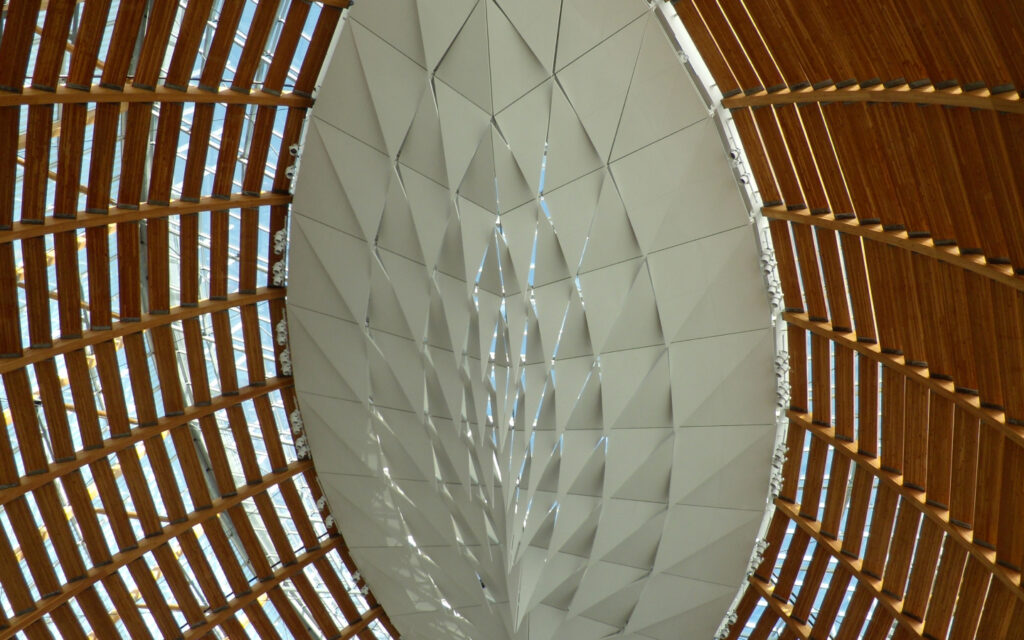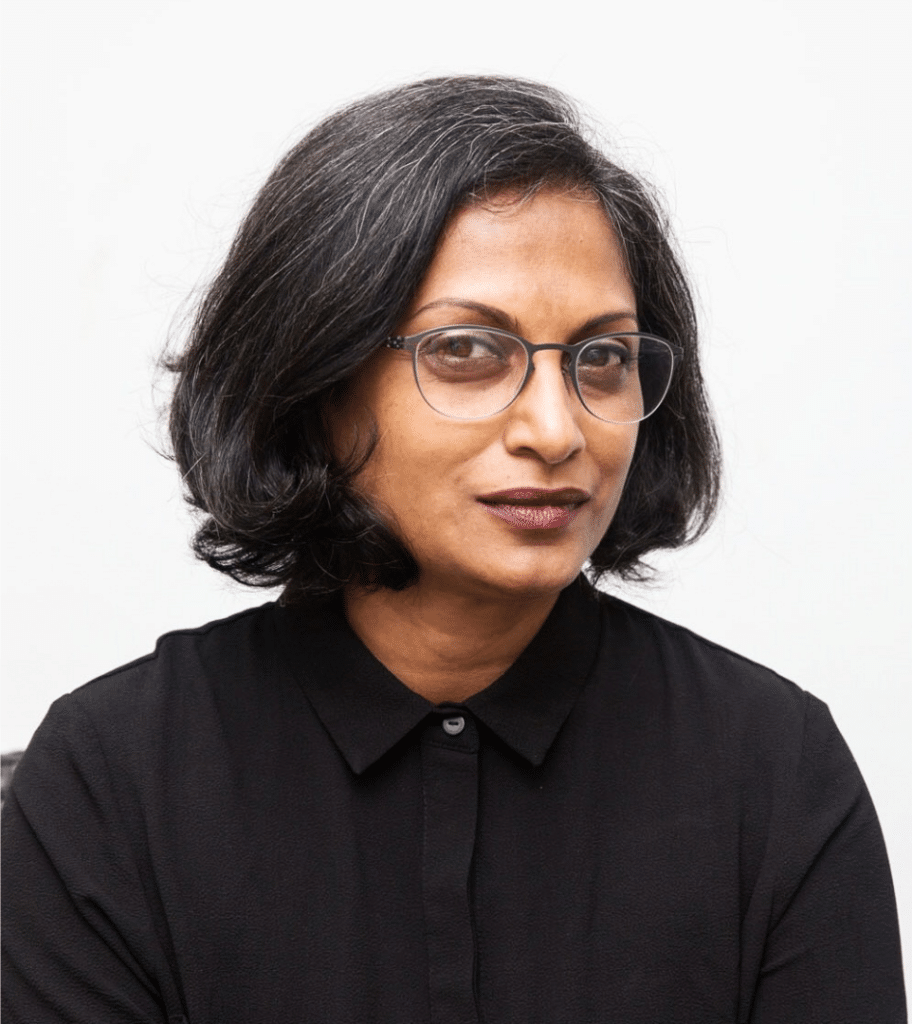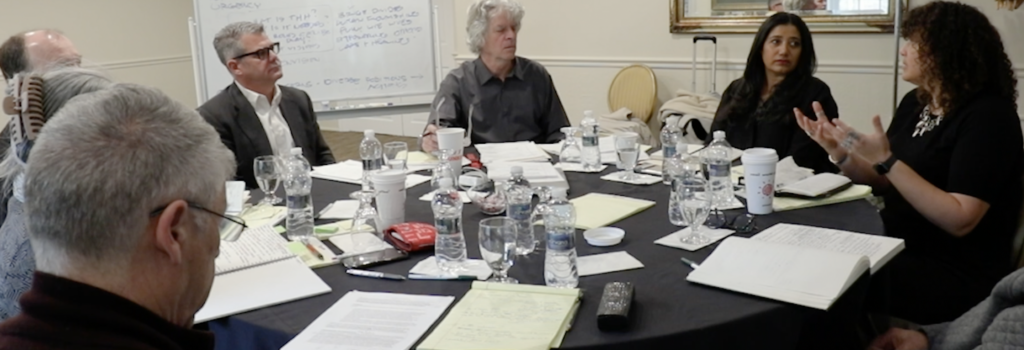Robert Hermanson
1500 S.W. 11th Ave. #2502 Portland, OR 97201 xtreborx@comcast.net
Summary statement
What is it to be displaced as the self in an age of placelessness? This paper addresses the issue of displacement as a journey that engages notions of modernist exile and emptiness, vs postmodern tourism and fullness. Their co-existences provide a paradoxical condition that, I would argue, reflect the present zeitgeist.
Topic
Displacement as a condition of the self in an age of placelessness
Scope
The story begins with a journey. Gustav Aschenbach travels from his home in Germany to Venice to contemplate and reflect, after having experienced a vision. While in Venice, as an upper-middle class member of society, he stays at a regal hotel and consequently observes the beauty of a lovely boy, Tadzio. His own disciplined nature is overtaken by his emotional attachment to the boy. He eventually succumbs to his unfulfilled emotions and ultimately dies on the lovely beach with Tadzio in the distance and entering the sea.
What does this novellaiby Thomas Mann have to do with displacement? Many things. Firstly, he selects to make a journey, a form of escapism or perhaps, an attempt at redefining his own persona. Secondly, the choice of the journey is elective, not coercive. Thirdly, he has a destination in mind, but one that perhaps, is ultimately not about fullness, but rather emptiness, albeit, without his knowledge.
Observing the phenomenon of today’s displacements… i.e. the refugee issues (and many others) that permeate the globe, I propose that there are other forms of displacement that engage not only the larger cultures of the world, but rather, those of the individual. What is it to be displaced as the self in an age of placelessness? In fact, what is place itself really all about? What happens when one moves mentally as well as physically from one realm to another… the journey? As one reaches that new destination, if even definable, what are the expectations? Finally, what are the goals that are achieved… fullness, emptiness, or both?
Caren Kaplan in her publication,”Questions of Travel”ii proposes the notion of the modernist exile vs. postmodern tourism. This requires an examination of what exile means as it relates to the individual… someone perhaps, such as Aschenbach. Furthermore, it also proposes an investigation into what is tourism, in the postmodern sense, all about. In both instances, for Kaplan, there exists the obvious necessity of the journey.
We travel physically, but also mentally…. departing from somewhere… a place we call home, or as Bachelard observed “our house (that) is our corner of the world… our first universe.”iii But, as he also observes “A house constitutes a body of images that give mankind proofs or illusions of stability. We are constantly reimagining its reality;”iv Relating to the notion of Genius Loci, this once suggested the protective spirit of place. But what is it? Aristotle declared “ all suppose that things which exist are somewhere.”v But where?
For Juhanni Pallasmma it is the engagement of what he calls sensing atmospheres.vi This involves not the preciseness of observation, but rather the dynamics of changes. What is it to look through a door or window onto a sight that itself is always changing? Does this not raise questions in the observer as to the stability of the place itself, or rather, arouse an interest, perhaps even a demand to move from such a fluid condition into a more stable one? Hence, the question of what place means in a changing world. If it appears in a state of fluidity, then does the condition of stasis even exist regarding place? This is significant in that the condition of place as the Romans defined it, Genius Loci must come into question. Therefore, what moves one from a place of mobility, to that of perhaps its anticipated stasis?
This raises the second issue, namely that of being moved… i.e. dis- placed. Is this a movement of choice or by coercion.? For Aschenbach it was his own free will, his own choice of moving to Venice…. that turns out to be infested later on, with a plague, an ominous sign of the cultural conditions of Europe itself. Venice, the glorious artifact, is in a state of deterioration. This suggests a form of postmodern tourism, a fulfilling ( seemingly) of Aschenbach’s needs. It contrasts interestingly, with the notion of exile that is all about leaving behind “things”, an emptying out, in order to establish a new life somewhere else ( often through coercion).
Thirdly, upon arrival, what are the conditions by which the journey has met its goals? What is the destination all about? Can we even recognize the architectural world surrounding us? In his film “Playtime”vii Jacques Tati presents a modernist architecture that is replicated all over the world. In one scene his posters cynically suggest that it is interchangeable. Hence what is “place” all about, since it is for Tati, a series of continuous displacements… each destination looks the same. For Tarkovsky, in his film “Nostalghia”viii however, in contrast to Tati’s world, there are memories that reside in the mind of the protagonist Andrei Gorchakov, a writer now residing in Italy, far from his home, Mother Russia. The tale that evolves, conveys a deep feeling of nostalgia for his homeland. Italy is the new destination, the end of a journey, yet the memories of a past place remain embedded in him. Here, the journey that conveys both exile (the past) and tourism ( the new) convey not anticipation, as Aschenbach sought, but rather a melancholy condition.
So what does this mean for architecture? There remains a polarity that exists between the concepts of exile and tourism. Venice was, in Mann’s novella, another place… a way of redefining a replaced reality for Aschenbach, and perhaps a form of chosen exile. On the other hand, the city was also about tourism, a place of dreams, and possible fulfillments. I would argue that this multiple mission of architecture is sustained in that the city remains, albeit in a fragile state, while its players on the stage might long be gone. For Gorchakov, the images are, curiously, also about ruins, but embedded with images of water and fire… the elemental aspects of nature’s orders. Is this a place of dreams? Rather, they convey the opposite… a place of unfulfilled dreams and an architecture of memories. Curiously, we are reminded of Venice.
I discussed in a previous paper that there are two conditions: fullness and emptiness informing the present cultural condition.ix But, in addressing the subject of displacement, I would argue this also requires the presence of both exile and tourism. To what extent do each retain their proper place, their own identities? Is it possible to be a part of the world, and yet also removed from it? Are there relationships between fullness and tourism in contrast to emptiness and exile? If so, what are they? Furthermore, how do they relate to the subject itself… displacement? These issues which I have briefly discussed, I wish to extend further in this paper.
Intended Conclusions
Through the notion of the journey as a paradigm, I wish to demonstrate that aspects of being in exile vs tourism permeate the present cultural condition. In an age of increasing displacement, we are confronted with both phenomena, the resolution of which is that neither one dominates, and that both must maintain a state of equilibrium.
i Thomas Mann, Tod in Venedig, English, (Harper Collins Publishers, Inc., New York, 2004) ii Caren Kaplan, Questions of Travel: Postmodern Discourses of Displacement, (Duke University Press, Durham, N.C., 1996), 27.
iii Gaston Bachelard, The Poetics of Space, (Beacon Press, Boston, 1964), .4. iv Ibid, 17.
v Transl. R.P.Hardie, R.K. Gaye: Aristotle, Physics, Internet Classics Archive, viewed on 13 December,
2017, http://classics.mit.edu//Aristotle/physics.html vi Juhanni Pallasmaa, “Place and Atmosphere”, Jeff Malpas, editor, The Intelligence of Place: Topographies
and Poetics, (Bloomsbury Academic, New York, 2017),133-35.
vii Jacques Tati, “Playtime” viewed on 16 December, 2017, https//en.wikipedia.org/wiki/Playtime viii Andre Tarkovsky, Sculpting in Time: Reflections on the Cinema, Transl. Kitty Hunter-Blair, (University of Texas Press, Austin, 1998), 204-05.
ix Robert Hermanson, Quo Vadis: Fullness or Emptiness in the Pursuit of Happiness?, 2nd Global Conference, Budapest, Hungary, 2016.




